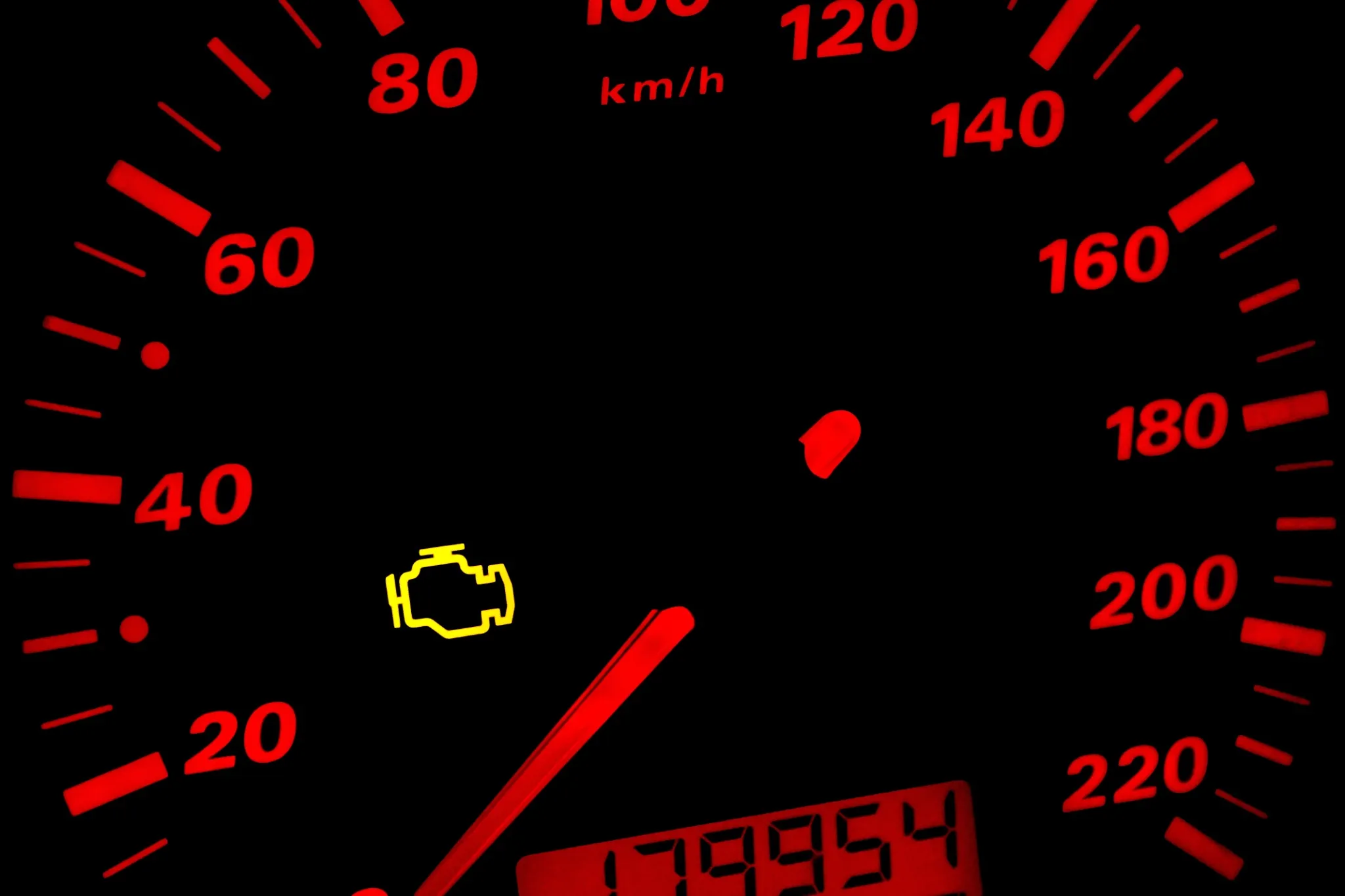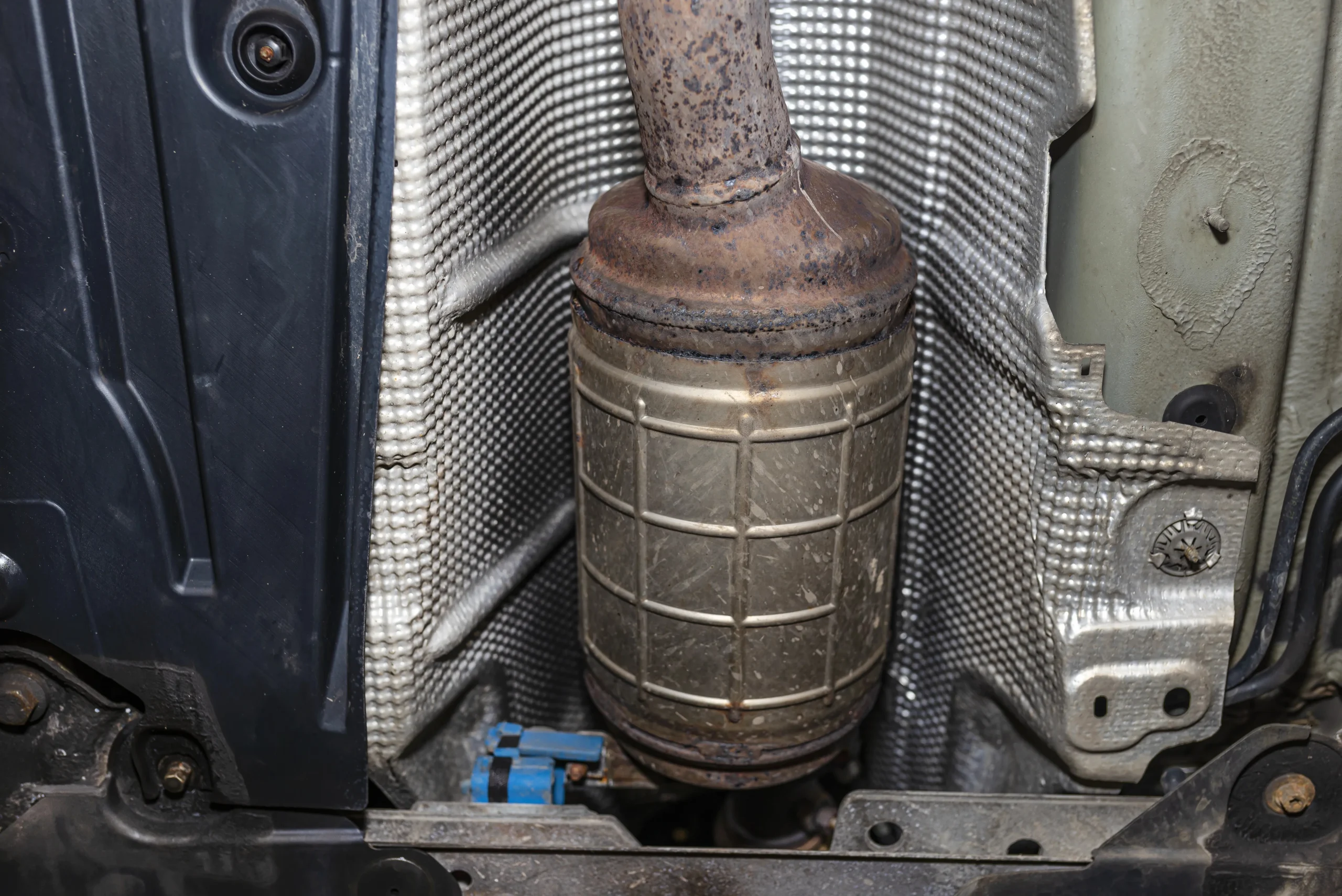Essential DPF Maintenance Tips!
As a Brisbane diesel vehicle owner, you rely on your car to get you around the city, out to the coast, or down to the worksite. Modern diesels are incredible workhorses, but they have a sensitive side: the Diesel Particulate Filter, or DPF. This vital component is your vehicle’s first line of defense against harmful emissions, but it needs a little love to keep working efficiently.
Proactive maintenance can save you from costly repairs down the road. At Usad Heavy Diesel Service (UHDS), we’re passionate about helping our fellow Brisbane drivers get the most out of their diesel engines. Here are our top five essential tips for keeping your DPF healthy and extending your vehicle’s life.
1. Drive a Little Longer, a Little Faster
This is arguably the most important tip, especially for those of us who spend a lot of time in Brisbane’s stop-start traffic. Your DPF has a clever self-cleaning process called “passive regeneration,” which requires the exhaust to reach a sustained high temperature to burn off the trapped soot.
If you only do short trips around the suburbs, your exhaust may never get hot enough to complete this cycle. Our advice? Try to take your diesel on a longer drive at a consistent speed once a week. A quick cruise down the Gateway Motorway or the M1 for 20-30 minutes will do wonders for your DPF’s health, allowing it to regenerate effectively and prevent a clog from forming.
2. Use the Right Engine Oil
Not all oils are created equal, especially for diesel engines with a DPF. Using the correct, low-ash engine oil (often specified as C3 or C4 on the bottle) is non-negotiable. Standard diesel engine oils contain additives that, when burned, leave behind ash residue that the DPF cannot burn off. This ash will permanently block the filter over time, leading to an expensive replacement. Always check your vehicle’s manual and use the manufacturer-recommended oil.
3. Don’t Ignore the Warning Lights

If a DPF warning light appears on your dashboard, your vehicle is trying to tell you something important. It often means a regeneration cycle has failed or the DPF is reaching a critical level of soot. Ignoring this warning will only make the problem worse, potentially forcing your vehicle into “limp mode” to protect the engine. When you see a DPF light, the best course of action is to follow your vehicle’s manual or bring it straight to a professional diesel mechanic like us.
4. Choose Quality Diesel Fuel
While it may be tempting to always go for the cheapest option at the pump, using a higher-quality diesel fuel can make a difference. Premium diesel fuels are designed to burn cleaner, reducing the amount of soot produced in the first place. This takes some of the strain off your DPF, helping it stay cleaner for longer.
5. Get a Professional DPF Health Check
Sometimes, even with the best intentions and driving habits, a professional hand is needed. If you’re concerned about your DPF’s health, or if you’ve been doing a lot of city driving, bring your vehicle in for a check-up. We can perform a professional diagnostic to assess the DPF’s condition and, if necessary, perform a forced regeneration using our state-of-the-art equipment. This process manually triggers a complete cleaning cycle, which is far more effective than an on-road regeneration.
By following these simple tips, you can significantly prolong the life of your DPF and keep your diesel vehicle running smoothly and powerfully for years to come.
If you have any questions or would like to book a DPF health check, don’t hesitate to give us a call. We’re your local Brisbane experts ready to help.

